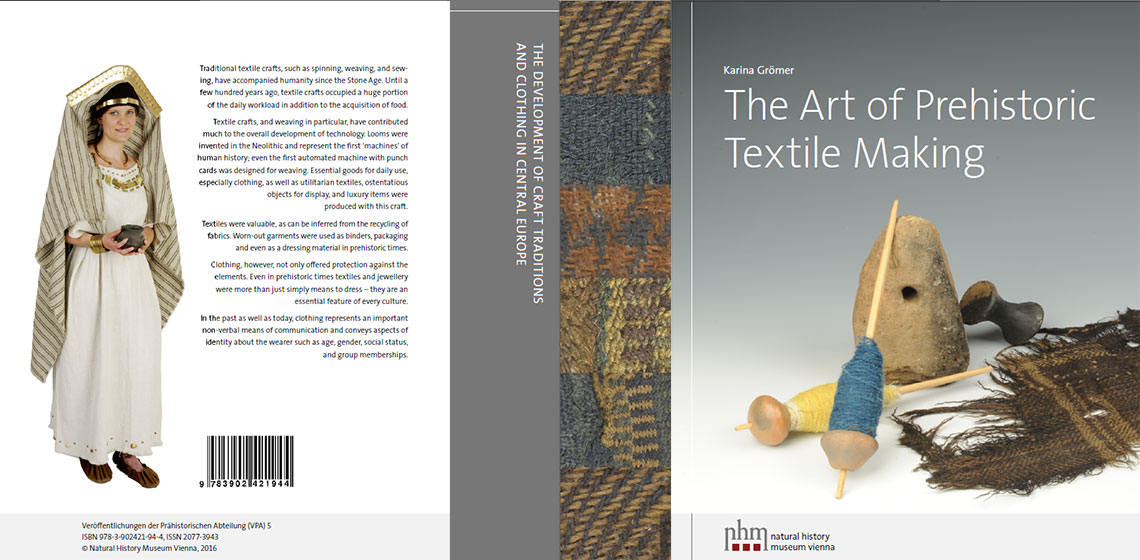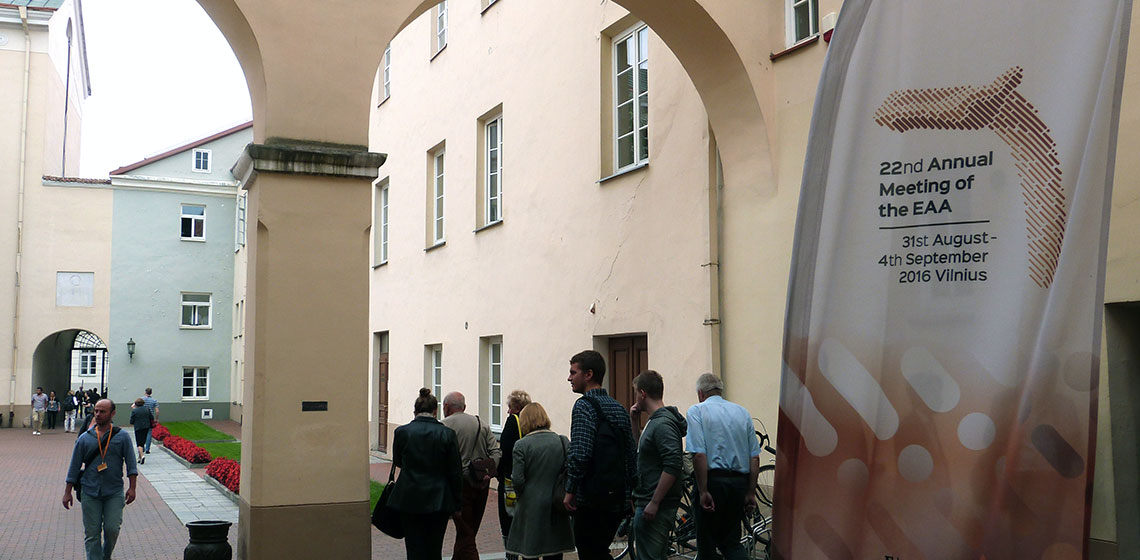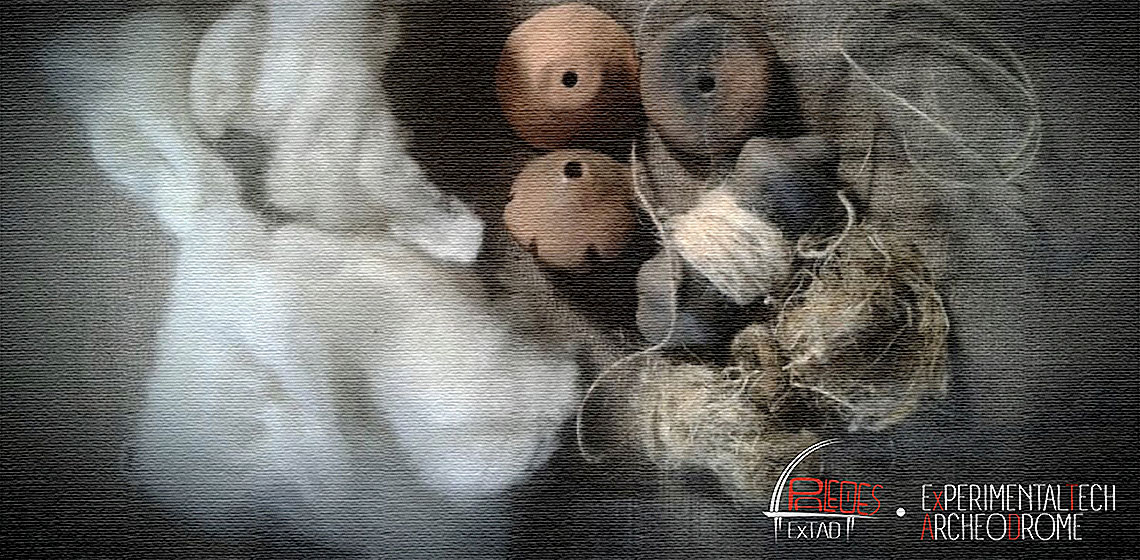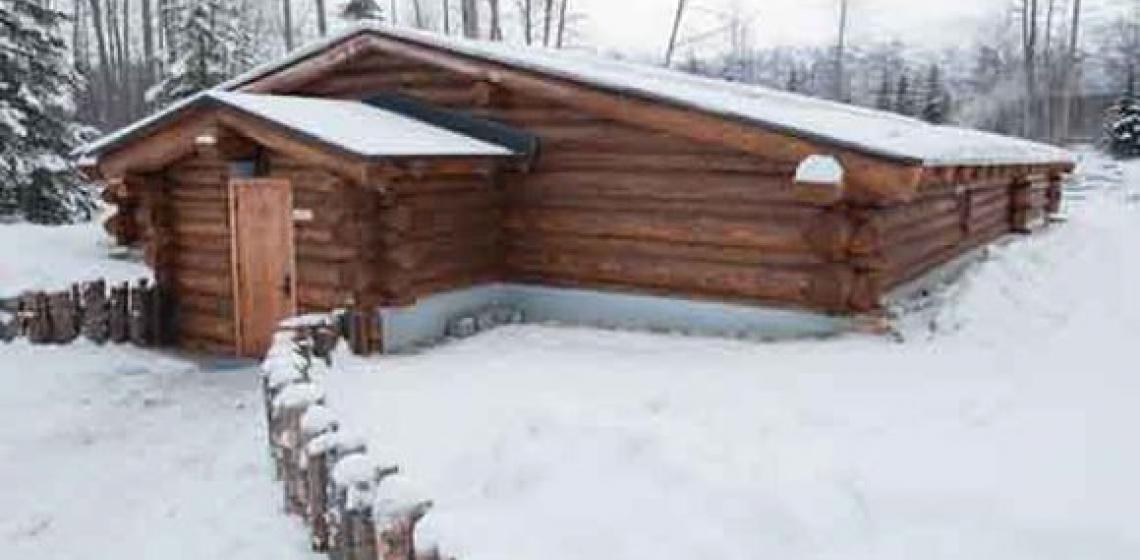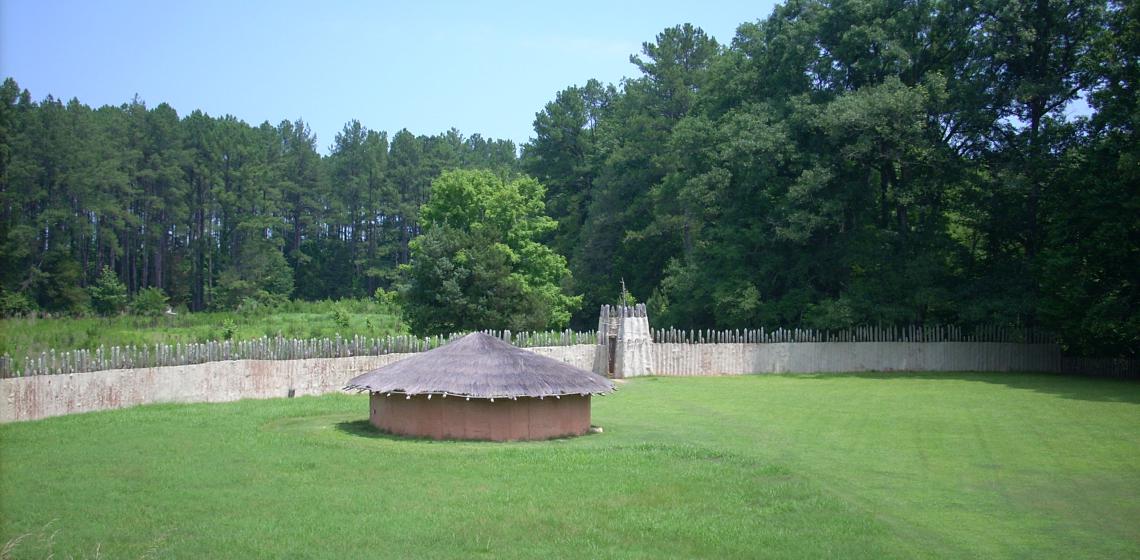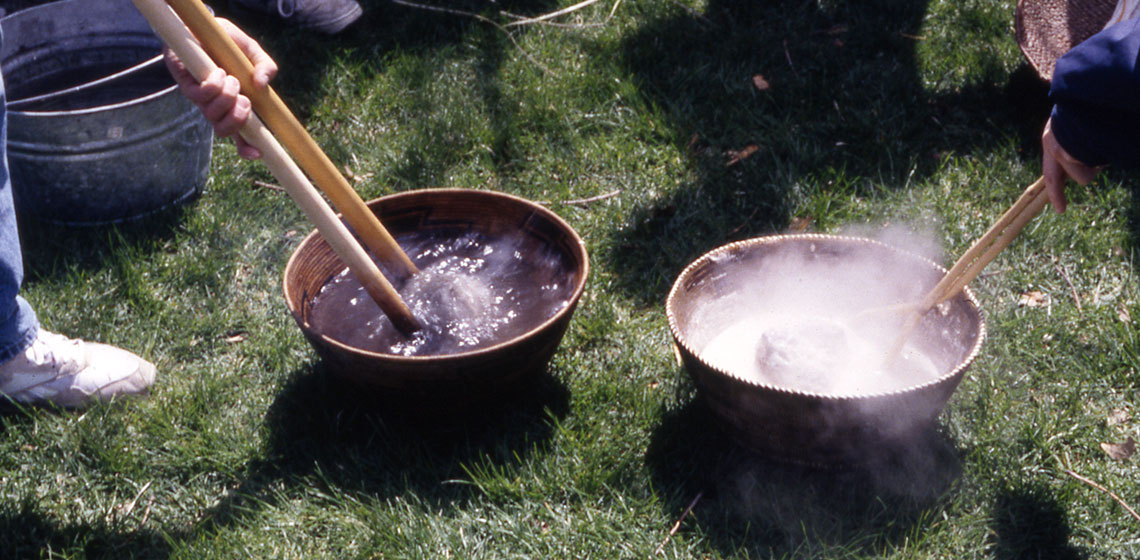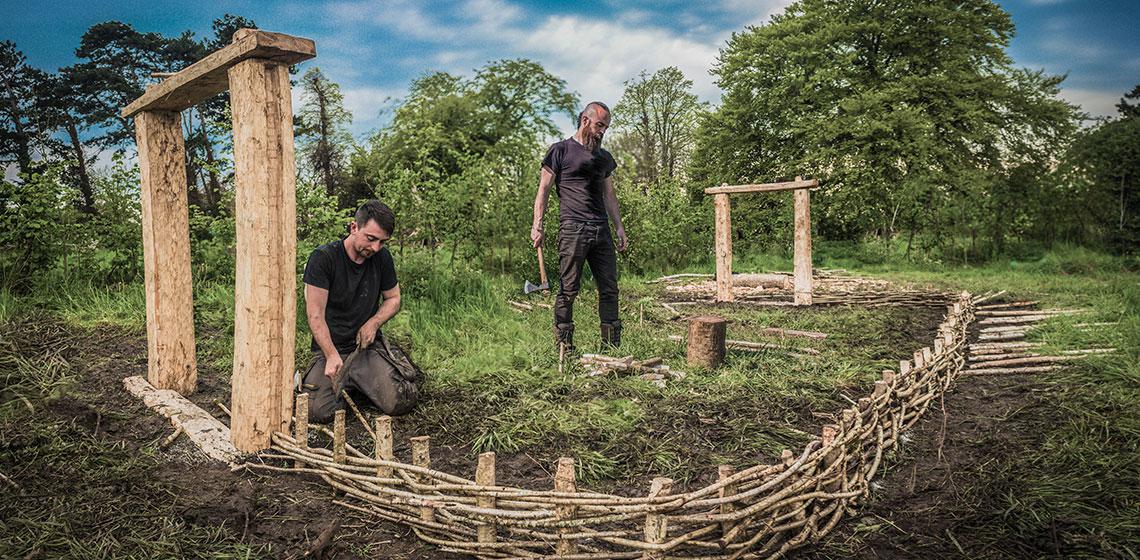Mesolithic
Conference Review: EAA Vilnius – about Archaeological Tourism, Visualisation, Experiment and Reconstruction
Event Review: Archeofest 2016: among Experimental Archaeology, Ethnography and Scientific Disclosure
Prof. Tim Messner PhD
I am an assistant professor of anthropology at the State University of New York at Potsdam, USA. My research includes examining human/environmental interactions in the ancient past. Often I use experimental archaeology as part of my research methodology.
Alaska Native Heritage Centre (US)
The Athabascan people traditionally lived in Interior Alaska, an expansive region that begins south of the Brooks Mountain Range and continues down to the Kenai Peninsula.
Today, Athabascans live throughout Alaska and the Lower 48, returning to their home territories to harvest traditional resources. The most important part of Athabascan subsistence living is sharing. All hunters are part of a kin-based network in which they are expected to follow traditional customs for sharing in the community.
Town Creek Indian Mound (US)
A visit to Town Creek Indian Mound offers a glimpse of pre-Columbian life in Piedmont North Carolina. The visitor center contains interpretive exhibits, as well as audiovisual programs that bring alive a rich cultural heritage from the buried past. Self-guided tours of the rebuilt structures and mound and other group activities are available.
Town Creek State Historic Site has been the focus of a consistent program of archaeological research under one director for more than half a century. Research and education are both equally important at Town Creek.
Cooking in Baskets Using Hot Rocks
UCD Centre for Experimental Archaeology and Material Culture (IE)
The Centre for Experimental Archaeology and Material Culture (CEAMC) at University College Dublin, Ireland, established since 2012, is one of the only specifically designed and dedicated, on-campus university facilities in the world for experimental archaeology and material culture studies. It supports research projects, innovative teaching, and public outreach activities, so as to enable the creation of a better understanding of the nature and role of crafts, technologies and materiality in people’s lives in the past.
Phil R. Geib PhD
Southwestern archaeologist (North America) now living and working on the Great Plains with an interest in ancient technologies, especially lithics and perishables.
Prof. Richard Fullagar
My interest is in prehistoric lithic technology, usewear, residues and tool-use.

